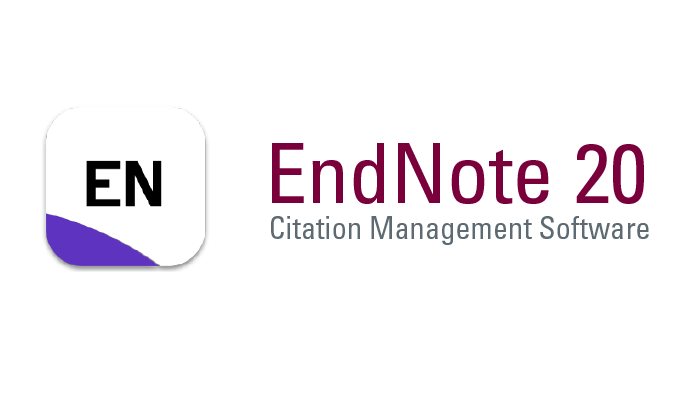IMPLEMENTASI PRINSIP WASIAT DALAM ISLAM (PERSPEKTIF HUKUM DI INDONESIA)
DOI:
https://doi.org/10.47887/amd.v5i2.173Keywords:
Implementation, Islamic Will, Indonesian Legal StudiesAbstract
A will is a message about a good thing that will be carried out after a person dies. The testament comes from the word washa which means to convey or give a message or forgiveness. In other words, a will is property given by its owner to another person after the giver dies. The concept of a will in Islam refers to the transfer of assets to distant relatives or relatives who do not have inheritance rights as well as to other people. From this concept, a theory of legal reasoning regarding will law emerged, which then developed to include reasoning about its legal posistion. The aim of Islamic law is to realize the benefit of the people. One of the aspects that is the focus of this study is wills, namely the posistion of wills in the inheritance distribution system, the legal impact of testamentary events, and the legal posistion of Islmaic wills in the Indonesian legal system.
References
Abdillah, Y. Y. (2019). Perbandingan Penerapan Hukum: Konsep Wasiat Wajibah Antara Kompilasi Hukum Islam Indonesia Dengan Enakmen Negeri Selangor Malaysia, (1).
Abdullah, A.G. (1994) Pengantar Kompilasi Hukum Islam. Jakarta: Gema Insani Press.
Adliyah, N. (2016). Wasiat Dalam Sistem Pembagian Harta Peninggalan Menurut Hukum Islam (1).
Ash-Shiddieqy, H. (2001). Fiqh Mawaris. Semarang: Pustaka Rizki Putra.
Asis, Fatmawati &Nadid. (2023). Eksistensi Hukum Wasiat Dalam Pembagian Waris Secara Islam (The Existence of Testamentary Law In The Islamic Division Of Inheritance).
Fikri & Wahidin. (2017). Konsepsi Hukum Waris Islam Dan Hukum Waris Adat (Analisis Kontekstualisasi dalam Masyarakat Bugis). Al-Ahkam: Jurnal Ilmu Syari’ah dan Hukum, 2(2).
Fuad, A. (2020). Reduksitas Hukum Wasiat (Studi Pemikiran Muhammad Syahrur). Ijtihad, 36 (1), p 51.
Ikhsan, M. (2016). Studi Komparatif Wasiat Menurut Hukum Islam dan Kitab Undang-Undang Hukum Perdata. Jurnal Hukum, 4 (3), p. 69.
Mu’arif, M. (2015). Perbandingan Wasiat Dalam Perspektif Kompilasi Hukum Islam (KHI) Dan Burgerlijk Wetboek (BW), Jurnal 3 (2).
Rohana, N. P. (2021). Wasiat Wajibah Dalam Perspektif Hukum Di Indonesia.
Saebani, B. A. (2011). Hukum Perdata Islam Di Indonesia. Bandung: CV Pustaka Setia.
Undang-Undang Kompilasi Hukum Islam, (2016) Bandung
Downloads
Published
How to Cite
Issue
Section
License
Copyright (c) 2025 Teuku Mukhlisuddin

This work is licensed under a Creative Commons Attribution-ShareAlike 4.0 International License.
Authors retain copyright and grant the journal right of first publication and this work is licensed under a Creative Commons Attribution-ShareAlike 4.0 that allows others to share the work with an acknowledgement of the works authorship and initial publication in this journal.
All articles in this journal may be disseminated by listing valid sources and the title of the article should not be omitted. The content of the article is liable to the author.
Authors are able to enter into separate, additional contractual arrangements for the non-exclusive distribution of the journal's published version of the work (e.g., post it to an institutional repository or publish it in a book), with an acknowledgment of its initial publication in this journal.
Authors are permitted and encouraged to post their work online (e.g., in institutional repositories or on their website) prior to and during the submission process, as it can lead to productive exchanges, as well as earlier and greater citation of published work.
In the dissemination of articles by the author must declare the Al-Madaris Jurnal Pendidikan dan Studi Keislaman as the first party to publish the article.














